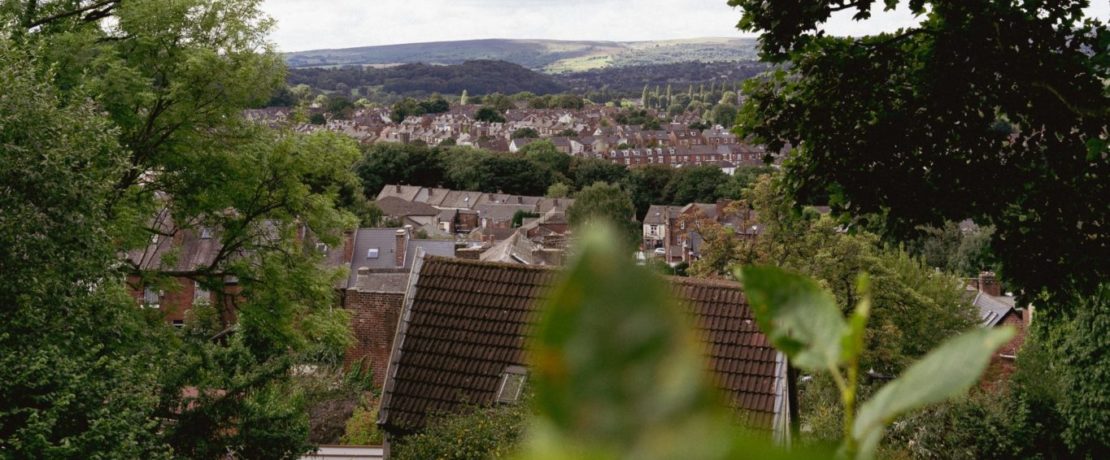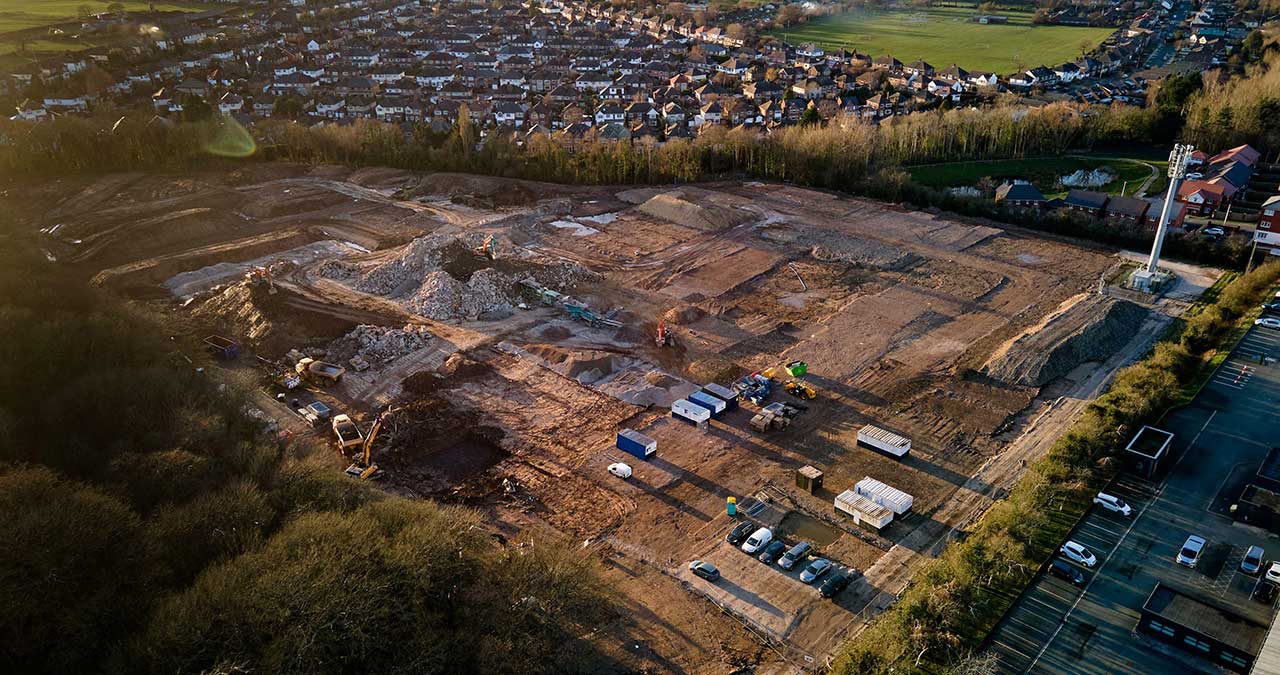An unseen crisis: rural homelessness and what CPRE is doing about it
Rural homelessness is an unseen crisis in the countryside, driven by limited access to services and an absence of affordable homes. CPRE is part of a project to research this problem – and make changes.
At CPRE, we’ve been talking about the issue of rising rural homelessness for a long time, flagging it as an inevitable impact of housing shortages. The extent of the crisis is unclear as limited rural data is captured in official statistics. Figures show that homelessness has increased overall in the last decade – and where interventions have helped in urban areas, their impact is less successful in rural communities.
CPRE is part of a rural housing task force joining forces to shine a light on the crisis by commissioning a 12-month research collaboration between academics at Kent and Southampton Universities – and the study is already underway.
Researching the crisis
The rural task force includes the great and the good of rural housing provision, including the Rural Housing Alliance, Homeless Link and ACRE (Action with Communities in Rural England).
We’re working together to pool resources to develop and fund the research to gather evidence showing the extent of the rural housing crisis and what interventions will help tackle the problem.
Working with the researchers, we’ll develop and share recommendations for government ministers to guide future policymaking.
Overlooked for too long
Existing research has largely focused on urban homelessness because it can often be more visible, but has neglected a growing crisis facing rural areas. This lack of exposure has meant it hasn’t received the attention and investment it deserves from policymakers.
Dr Carin Tunåker (University of Kent) and Professor Helen Carr (University of Southampton), leading experts in the rural and homelessness fields, will run the research.
Heading up the research, Professor Helen Carr noted the ‘acute lack of convincing evidence about rural homelessness’. The research will study what it really means to be homeless in the countryside; as Professor Carr says:
‘So often rural areas are painted as idyllic retreats where people seek out a stress-free life. This perception is in danger of glossing over those who are at risk of becoming homeless or already have no roof over their head.
‘Working with such a strong steering group of rural experts, we plan to put this right and provide the evidence needed to give this issue the attention it deserves.’
Ending rough sleeping by 2024 – everywhere
The research will bring together evidence, expertise, and real-world case studies to recommend what measures are needed to make sure that the target of ending rough sleeping by 2024 includes the countryside. An interim report will be published in spring 2022, with a comprehensive final report following later in the year.
Martin Collett, Chief Executive of English Rural who are co-chairing the research project, said:
‘… in rural areas, homelessness is still hidden in barns, tents, and outhouses. Fundamentally, this is about a lack of affordable and available housing and, unless we tackle this, the problem is set to remain.’
Want to support us in work like this and help to end rural homelessness? Joining us as a member means we can keep researching key issues such as the lack of affordable housing, and calling on the government to provide better options for local people.





 15 min read
15 min read 





